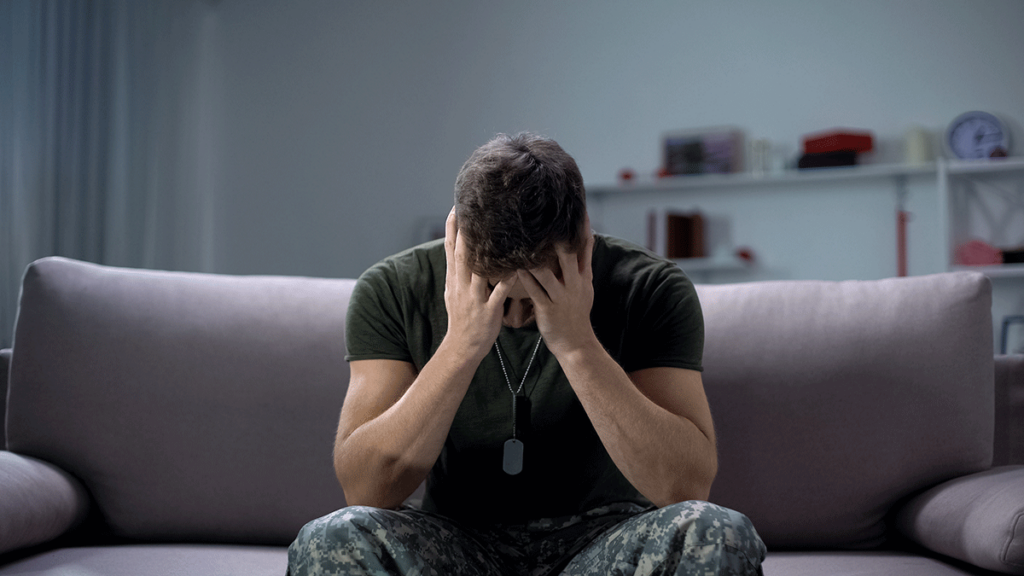Post-traumatic stress disorder, or PTSD, is a mental health condition that can develop after someone experiences or witnesses a very stressful or traumatic event. Untreated PTSD can have serious consequences on a person’s life. One of the most significant effects is the impact it can have on relationships. People with untreated PTSD may find it difficult to form and maintain healthy relationships, whether it be with friends, family, or romantic partners.
If you or a loved one is struggling with untreated PTSD, it’s not too late to reach out for help. Honey Lake Clinic’s trauma treatment program in Florida supports lasting recovery. Call 888.428.0562 today to get started.
Understanding PTSD
PTSD is a result of the natural response to experiencing or witnessing a traumatic event. Events like war, natural disasters, physical or sexual abuse, and serious accidents can all cause PTSD. When a person experiences something that they perceive as life-threatening, their brain responds by triggering a “fight or flight” response. However, with PTSD, the threat has passed, but the brain remains in a state of high alert.
The Signs and Symptoms of PTSD
Some of the most common signs and symptoms of PTSD include:
- Recurrent, intrusive memories of the traumatic event
- Flashbacks, feeling as though the traumatic event is happening again
- Nightmares about the traumatic event
- Severe emotional distress or physical reactions to reminders of the trauma
- Avoidance of thoughts, feelings, or conversations related to the traumatic event
- Persistent negative emotional state
- Feeling detached, estranged, or disconnected from others
- Irritability, angry outbursts, or aggressive behavior
- Hyper-vigilance or constantly feeling “on guard”
- Difficulty concentrating or sleeping
- Self-destructive or reckless behavior
These symptoms can greatly impact a person’s daily life, making it challenging to function at work or in social situations. If left untreated, PTSD can also lead to other mental health issues such as depression, anxiety, and substance abuse.
Effects of Untreated PTSD
PTSD is often a progressive disorder. Not only is it unlikely to go away on its own, but left untreated, the symptoms can become much worse with time. PTSD can become debilitating, interfering with your day-to-day life in a number of ways. Commonly, untreated PTSD can lead to:
- Increased risk of developing other mental health issues such as depression, anxiety, and substance abuse
- Social isolation and difficulties forming and maintaining relationships
- Difficulty holding down a job or completing daily tasks
- Negative impact on physical health, including increased susceptibility to illnesses
- Self-destructive behaviors such as alcohol or drug abuse, self-harm, and reckless behavior
It’s essential to seek treatment for PTSD as early as possible and to continue with treatment until you see significant improvement. With the help of a professional therapist, those suffering from untreated PTSD can learn coping mechanisms and techniques to manage their symptoms and improve their quality of life.
Reach Out to Honey Lake Clinic Today for PTSD Treatment
PTSD is complicated, with dangerous physical and psychological consequences if not treated properly. A thorough assessment and an accurate diagnosis is your first step in treating PTSD. Getting the right specialist to implement the best-fitting treatment for your particular situation and symptoms is key.
At Honey Lake Clinic, our experienced staff, licensed therapists, psychologists, and psychiatric specialists understand that effective treatment for PTSD requires a multifaceted approach involving healing of the mind, body, and spirit.
Let us offer hope and provide answers for you.
Call 888.428.0562 or reach out to our team online to our team online to get started.
